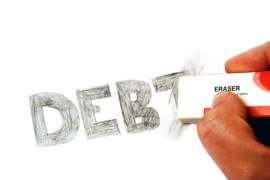
The Meaning of Incompetence

An objection of incompetence might be raised by either the prosecution or the defense in a trial, in order to have the evidence granted by a given witness disallowed on the grounds that the witness in question is incompetent to provide such evidence, or to testify in some capacity. The incompetent objection generally has two forms, one of which has to do with whether the individual giving testimony is considered mentally competent, the other of which has to do with expert witnesses. In the first form of the incompetent objection, an individual might be deemed unfit to give testimony because he or she might be deemed mentally incompetent in some significant capacity. For example, an individual with severe and significant psychoses might have his or her testimony disallowed on grounds of incompetence, as might an individual who simply experiences consistent audiovisual hallucinations. The testimony of a child, as well, might be disbarred on grounds of incompetence, though this would likely require certain extenuating circumstances, such as the fact that the child went through severe trauma and thus might not be fit to testify. Such an objection would normally be raised upon putting the witness on the list. The second form of the incompetence objection revolves around the notion that an expert is not as competent as he or she claims to be. This objection of incompetence would thus concern the expert’s abilities to actually give thoughtful, specialized judgment in his or her areas of expertise, and such an incompetent objection would likely be raised at the time the expert was being brought into court.
NEXT: What are the Leading Questions?





















